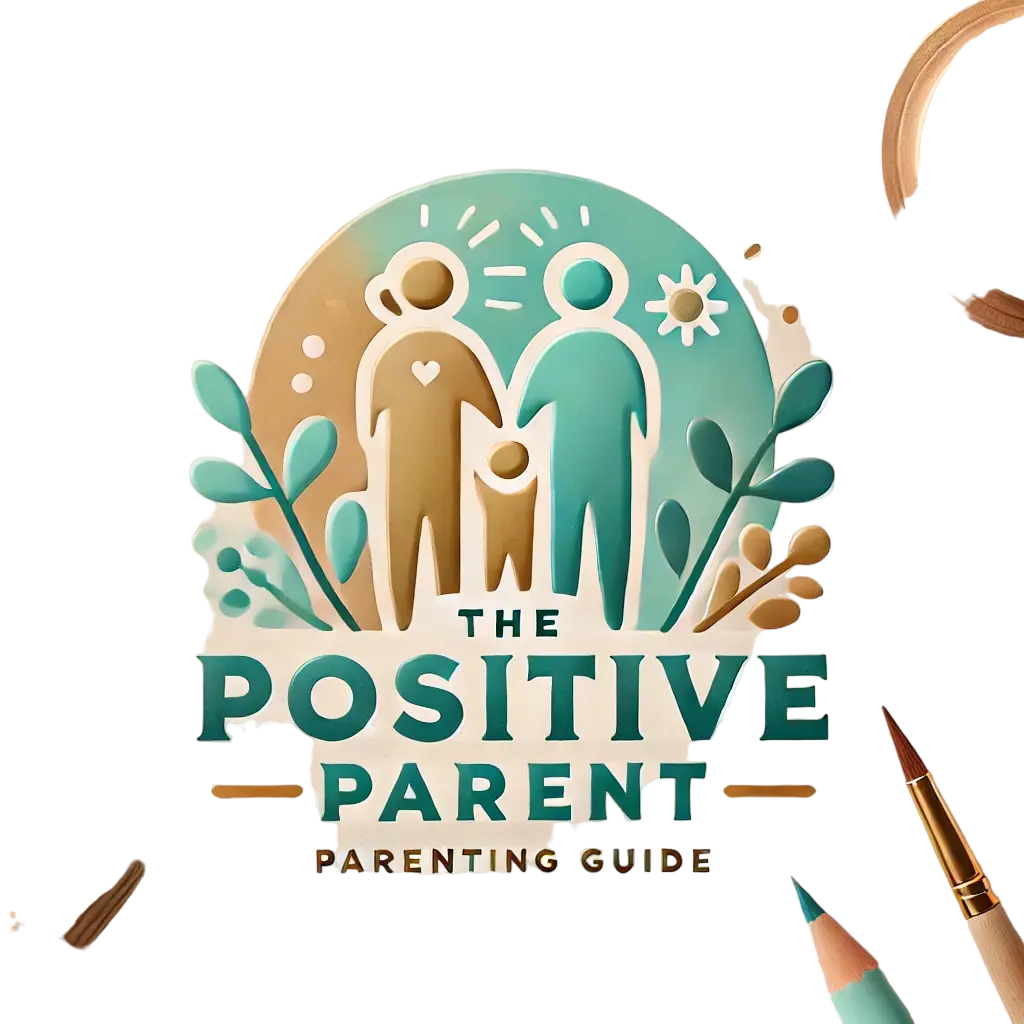How to Explain Divorce to Your Kids
Category
Categories

Title: Navigating The Difficult Conversation: How To Explain Divorce To Your Kids
Introducing The Topic of Divorce
Few parenting challenges are as daunting as explaining divorce to your children. Yet, it’s a discussion many parents will inevitably have to face. Regardless of the circumstances, introducing the concept of divorce to your children can be a tricky and delicate affair. The desired outcome is to offer understanding without dousing them with unnecessary details that may create additional stress or confusion. So, how can you make this conversation as smooth as possible? Below is a comprehensive guide on how to skillfully navigate this tough conversation with your children.
Understanding Their Perspective
Before diving into the conversation, it is important to understand your child’s perspective about the whole issue. Remember, kids view the world differently from adults. A child’s age, emotional maturity, and temperament significantly affect how they react to the news of the impending divorce. For instance, younger children often worry about daily practicalities such as their living arrangements, whilst teens may feel embarrassed, angry, or guilty. Starting from your child’s vantage point paves the way for a better structured and empathetic conversation.
Choose The Right Time And Place
Timing and setting are crucial when breaking sensitive news like divorce. Avoid bombarding them with this information during high-stress periods such as exam times. Find a quiet, comfortable, and familiar space where the conversation can occur undisturbed. Make sure both parents are present during the disclosure, if possible, to show a united front and to allow the children to see that regardless of the circumstances, both of you will continue to parent collaboratively.
Prepare What You Intend To Say
Saying ‘We’re getting divorced’ is just the tip of the iceberg. Your children will need more detailed information to help them understand the situation. Plan out your conversation ahead of time and agree with your partner on the key points to touch on. Although it is important to be honest, it’s equally important to keep the discussion child-friendly. Avoid overly detailed accounts or blaming each other. Highlight the fact that this is an adult decision and that your love for them remains unchanging.
Anticipate Their Reactions and Questions
Children may react differently to the news of a divorce. Some may be quiet, others may become emotional, and some may have a barrage of questions. In fact, your child might ask questions like, “Do you still love each other?” or “Will we still be a family?”. Anticipating such reactions and questions will help you respond better without getting caught off-guard. Provide reassurance that, while their living situation may change, they can still expect love, care, and support from both parents.
Teens and Divorce
Talking to teens about divorce requires a slightly different approach. Given their age, they may already have preconceived notions about divorce, influenced by their peers or what they have seen or heard in media. Here, transparency, honesty, and respect for their maturity can make the conversation smoother. However, refrain from sharing adult issues or bad-mouthing the other parent as this may further complicate their emotional adjustment.
Moving Foward: Set a Positive Tone
After the initial conversation, it’s essential to continuously reassure your kids that the divorce is not their fault and that your love for them is unwavering. Establish open communication lines where they can voice their thoughts, fears, and questions. Provide stability by keeping to routines as much as possible and continue to engage in regular family activities.
Remember, children mirror the emotions and coping mechanisms of their parents. So try to maintain a positive demeanor and exude resilience in front of your children. Show them that despite the situation, life goes on, and it is possible to navigate through the challenge and come out stronger.
In Conclusion
Divorce is a complex affair, not only for the parents but also for the children involved. However, having a balanced approach, open communication, and continuous reassurance can make the journey less challenging for the little ones. It’s critical to remind them that while your family structure may change, your love for them certainly won’t.
If you’re having a hard time coping and explaining divorce to your children, don’t hesitate to seek help from professionals, such as therapists or counselors specializing in child psychology. Sometimes, it takes a village to raise a child, and there’s no shame in reaching out for assistance to navigate this challenging life transition.
After all, as parents, our ultimate goal is to raise resilient, understanding, and emotionally intelligent children who can navigate the ups and downs of life. Let’s do our best to provide support, love, and understanding, especially during such challenging periods.



